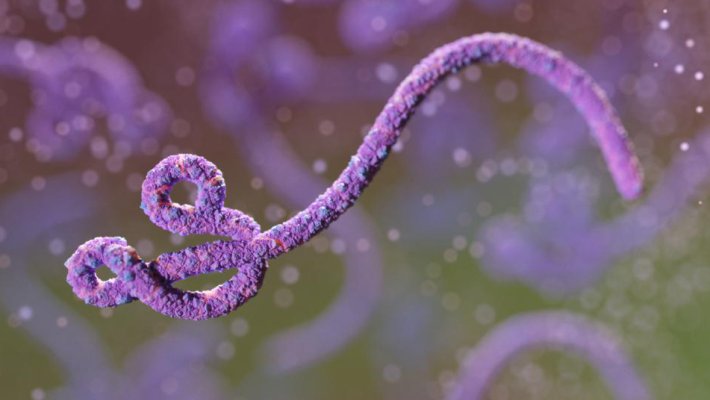HRW
Today, the trial of Mahamat Said Abdel Kani, a former Seleka commander in the Central African Republic, began before International Criminal Court (ICC). Said is facing charges of war crimesand crimes against humanity, many of which are said to have occurred at the Central Office for the Repression of Banditry (Office Central de Répression du Banditisme, or “OCRB”) in the capital Bangui, between April and November 2013.
In April 2013, Bangui was a war zone. The city had been seized less than a month earlier by an alliance of rebel groups known as the “Seleka Coalition” in a bid to overthrow the government of then President François Bozizé.
As they took power, the Seleka went on a murderous spree across the country, looting, killing, and raping people in their way. I recall speaking with two sisters who were raped by Seleka fighters in their home on March 25, 2013. One sister, who was eight months pregnant, lost her baby the next day. I met men who had survived mass executions by sheer luck and spoke with residents of Bangui’s Boy-Rabe neighborhood where dozens of civilians, including women and children, were killed by Seleka fighters in an April 2013 attack.
Almost ten years later, no high-ranking Seleka leader has been held accountable. Said joins prominent leaders from the anti-balaka militia – the Seleka’s warring opponents – who will also face trial before the ICC. Last month, the court made public an arrest warrant for Noureddine Adam, the former number two of the Seleka, of whom Said was an “immediate subordinate,”according to the ICC. This is positive progress. Adam oversaw Seleka fighters and Human Rights Watch documented how soldiers under his command likely committed atrocities in Bangui and nearby areas. After he fled Bangui, Adam took command of other armed groups, emerging as a prime example of how impunity allows abusive leaders to continue to be implicated in committing crimes…


